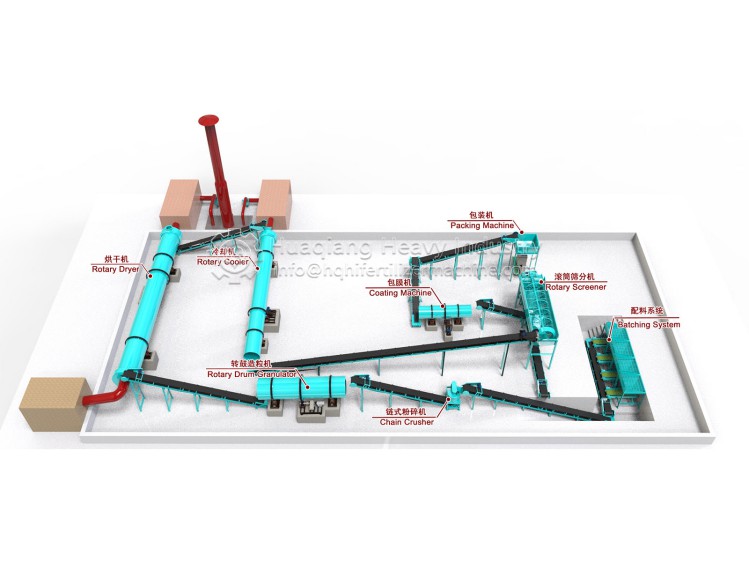Equipment and Price for Processing Organic Fertilizer from Small Cattle and Sheep Manure
The development of miniaturization of organic fertilizer equipment for processing cow and sheep manure is a major advancement in agricultural technology in recent years. By processing cow and sheep manure, agricultural organic waste resources can be effectively utilized to produce excellent organic fertilizers, reducing dependence on chemical fertilizers and improving crop quality and yield.
Small scale organic fertilizer production equipment has many advantages. Firstly, its small size and small footprint make it suitable for installation and use near farmland. Secondly, these small devices are easy to operate and do not require much professional knowledge and skills, making it easy for farmers to get started. Meanwhile, due to the advanced technology and processes adopted by these devices, the processing process has the characteristics of high efficiency and energy conservation, which can greatly reduce energy consumption and environmental pollution..jpg)
The cost of producing one ton of organic fertilizer is about 300-600 yuan, and the market price of one ton of organic fertilizer is about 700-1300 yuan. The annual profit of an organic fertilizer production line with an annual output of 10000 tons, excluding equipment and production costs, is about 2 million yuan. Cost input for organic fertilizer production: In the production process of cow and sheep manure organic fertilizer, raw material costs, transportation costs, labor costs, packaging costs, etc. need to be considered.
The prices of organic fertilizer equipment vary with different yields, and you can also make appropriate plans based on your investment budget. Firstly, you need to understand the amount of organic fertilizer production you want to invest in, and then inform the manufacturer of the raw materials used for processing and production. This will provide you with an approximate price range, and then choose the appropriate organic fertilizer equipment configuration based on the expected investment.
.jpg)


.jpg)


.jpg)
.jpg)
.jpg)